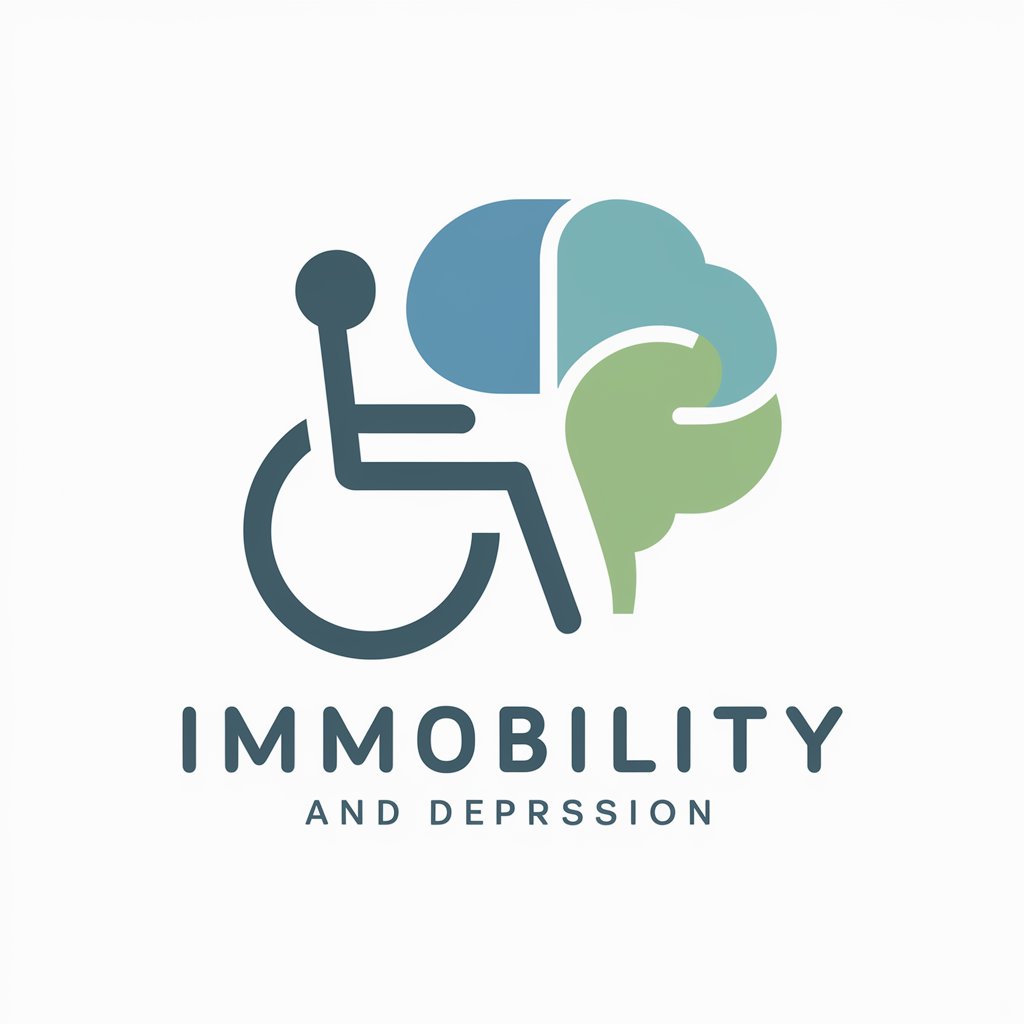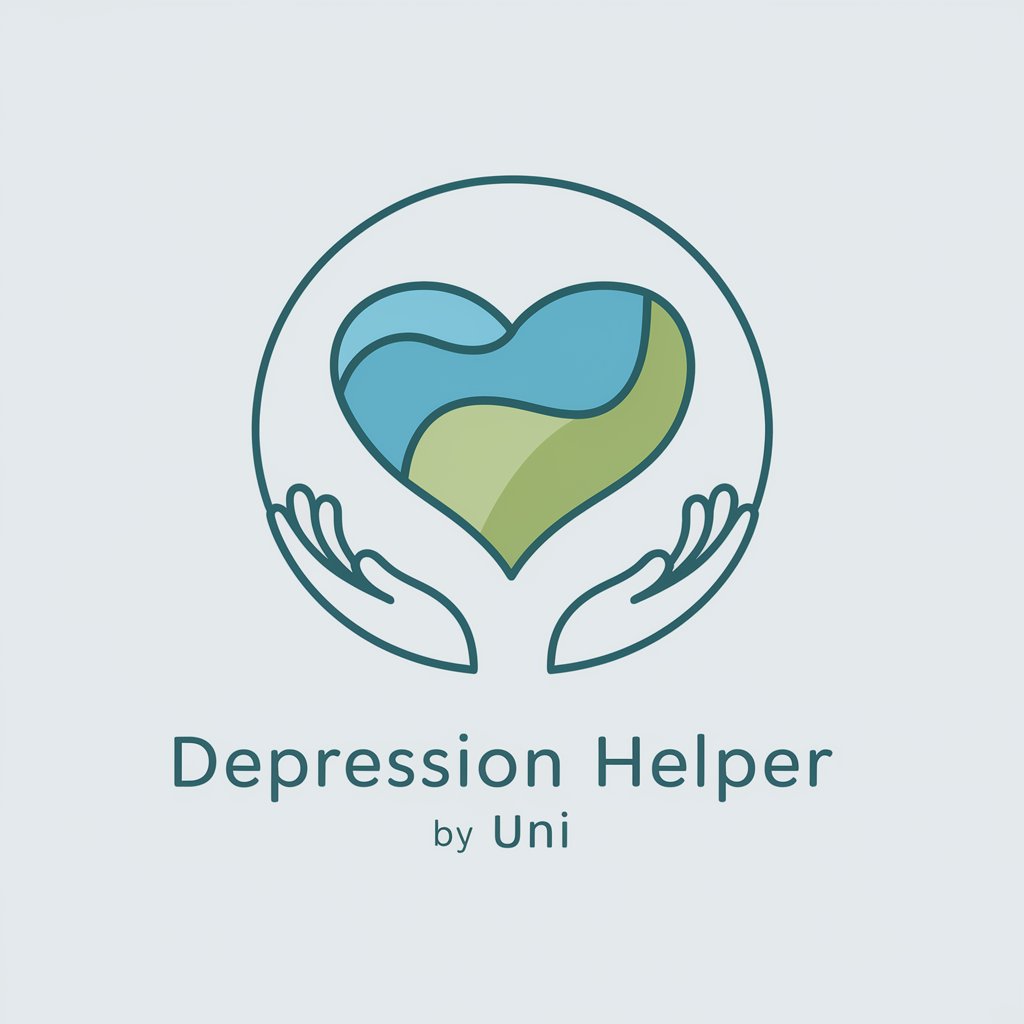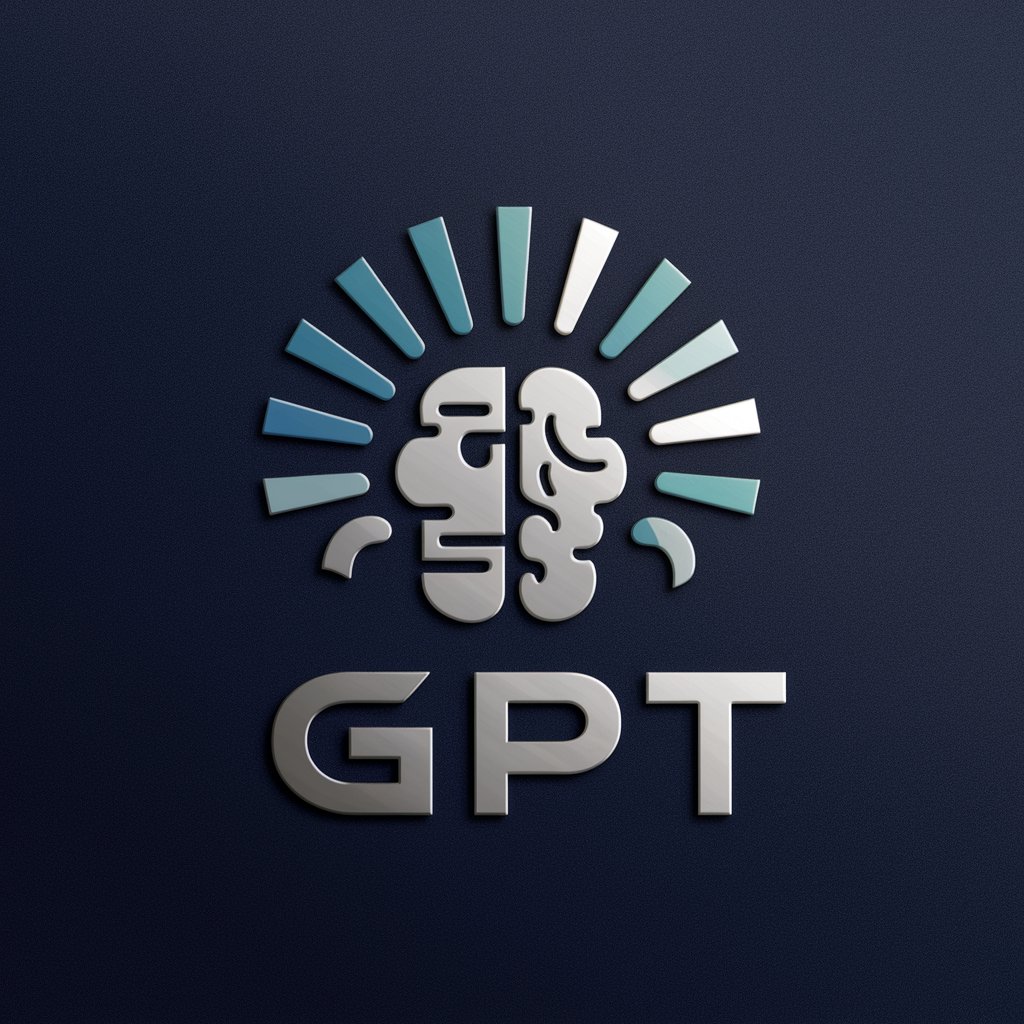Immobility and Depression - Insight on Depression and Immobility

Welcome! Let's explore how immobility affects mental health.
Understanding Movement, Enhancing Mood
How does immobility contribute to depression?
What are the psychological effects of prolonged immobility?
Can lack of physical activity worsen mental health issues?
How can one manage mental health while being immobile?
Get Embed Code
Understanding Immobility and Depression GPT
The 'Immobility and Depression' GPT is designed to explore the intricate relationship between physical immobility and its psychological impacts, particularly focusing on depression. This GPT is built with a wealth of information on how lack of movement and physical activity can lead to or exacerbate depressive symptoms. It provides insights into both the direct effects, such as the biochemical changes in the brain due to reduced physical activity, and indirect effects, such as social isolation and the loss of engagement in enjoyable activities. For instance, consider a person recovering from surgery who finds themselves bedridden for an extended period. This individual might experience a decline in mood due to both the physical constraints on their mobility and the psychological strain of prolonged isolation from their usual routines and social interactions. Powered by ChatGPT-4o。

Core Functions of Immobility and Depression GPT
Educational Insights
Example
Explaining the biochemical link between exercise and mood elevation, such as how physical activity increases endorphins and other feel-good chemicals in the brain.
Scenario
A user might be curious about why they feel more depressed when they're less active. The GPT can provide a detailed explanation of the physiological and psychological mechanisms behind this.
Supportive Guidance
Example
Offering suggestions for gradually increasing physical activity in a way that's mindful of an individual's current physical and mental health status.
Scenario
For someone recovering from an injury who is experiencing depressive symptoms, the GPT can suggest gentle, low-impact activities like water aerobics or yoga, emphasizing the importance of consulting with healthcare professionals.
Community and Social Interaction Advice
Example
Advising on the importance of social support and how to maintain connections even when physical mobility is limited.
Scenario
A user confined to their home due to an illness might feel isolated. The GPT can recommend ways to engage with others, such as joining online communities or utilizing video calls to stay in touch with friends and family.
Who Benefits from Immobility and Depression Services
Individuals Experiencing Physical Immobility
People recovering from surgery, injuries, or living with chronic conditions that limit their movement. They can gain insights into managing depressive symptoms that might arise from their situation and learn strategies to cope with the psychological impact of their physical limitations.
Mental Health Professionals
Therapists, counselors, and psychologists could use the information to better understand the challenges faced by individuals with limited mobility. This can enhance their ability to provide comprehensive care that addresses both the mental and physical aspects of wellbeing.
Caregivers and Family Members
Those who support individuals facing immobility will find valuable guidance on how to help their loved ones navigate the psychological challenges that come with physical restrictions, including fostering an environment that promotes mental health.

How to Use Immobility and Depression
Begin Your Journey
Start by accessing a free trial at yeschat.ai, no login or ChatGPT Plus subscription required.
Identify Your Needs
Evaluate your specific concerns or interests regarding immobility and depression to tailor your queries effectively.
Engage with the Tool
Use the chat interface to pose your questions or describe your scenario related to immobility and its effects on depression.
Explore Diverse Queries
Experiment with various questions to understand the broad applications, from academic research to personal insights.
Seek Professional Advice
Remember, this tool provides information and support; it's crucial to consult healthcare professionals for personal medical advice.
Try other advanced and practical GPTs
Depression Helper
Empowering your mental health journey

MCQ creator in MedEd
Empowering MedEd with AI-Driven MCQs

TT in
Elevate Your LinkedIn Presence with AI

In Stories
Craft Your Story with AI

Dream[In]
Navigate Your Career Path with AI
![Dream[In]](https://r2.erweima.ai/i/VHeJBa46S1mr8gkrV_iWkQ.png)
Locked In
Unleash Harmonic Mix Mastery
Psychology Counselor for Depression
Blending biblical wisdom with psychological support.

Depression
Empowering your mental health journey with AI.

Heat Exchanger Marketing Expert
Efficient Heat Transfer Solutions Powered by AI

Heat Map Insights
Visualizing User Engagement AI-Powered

Heat Treatment and Sintering Process Expert
Empowering Sintering Processes with AI Expertise

Form Coach
Perfect Your Form with AI

Immobility and Depression Q&A
How does immobility contribute to depression?
Immobility can lead to depression through several pathways: reduced physical activity limits endorphin release, social isolation can increase, and the inability to engage in previously enjoyed activities can lower self-esteem and sense of purpose.
Can improving mobility help reduce depression?
Yes, improving mobility can help reduce depression by increasing physical activity, which boosts endorphin levels, enhancing mood, and improving social interaction opportunities, thereby potentially decreasing feelings of isolation.
What role does social support play in managing immobility-related depression?
Social support plays a crucial role by providing emotional encouragement, practical assistance in daily activities, and reducing the sense of isolation, all of which are vital for coping with depression related to immobility.
Are there specific exercises recommended for people facing depression due to immobility?
Yes, tailored physical therapy and gentle exercises, such as stretching, yoga, or water aerobics, are often recommended to gradually improve mobility and mood, always under professional supervision.
How important is professional mental health support for someone experiencing depression from immobility?
It's highly important. Professional mental health support can offer personalized therapy, coping strategies, and, if necessary, medication, addressing both the psychological and physical aspects of depression due to immobility.
